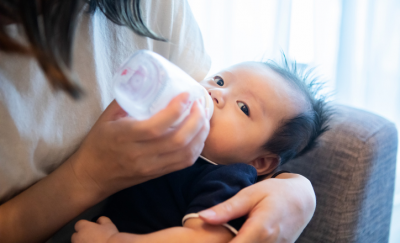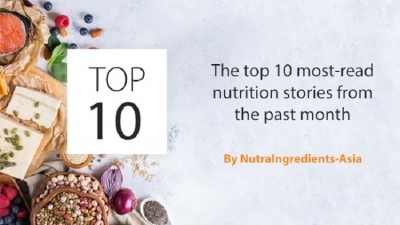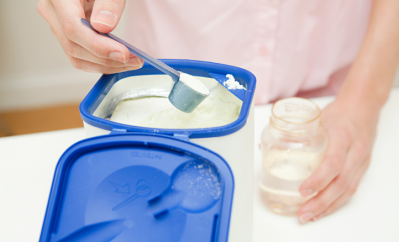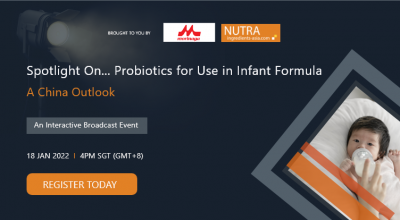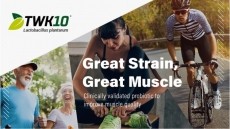First for Japan: Prolacta Bioscience’s human milk-based fortifiers approved for clinical trial on premature infants
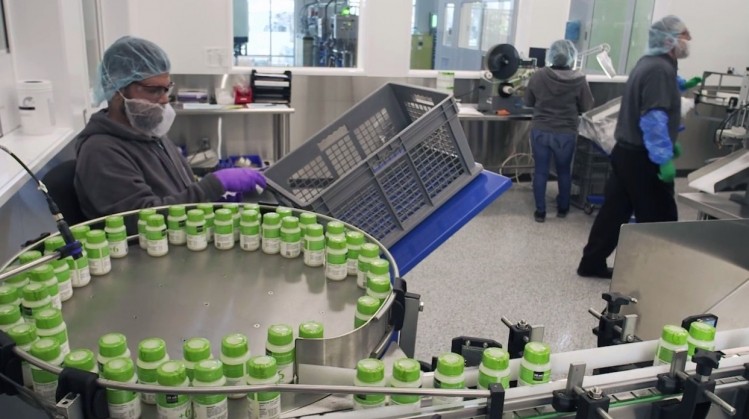
In Japan, Prolacta's human milk-based products are viewed as a pharmaceutical drug, unlike in the US where the products are regulated by the Food and Drug Administration (FDA).
“The Japanese regulatory authorities have strict requirements for conducting drug trials, and we are proud that our industry-leading quality and safety standards meet their country’s Pharmaceuticals and Medical Devices Agency (PMDA) regulations. This allows us the opportunity to conduct this study, another industry first led by Prolacta, and introduce human milk-based nutritional care for preterm infants in Japan,” Scott Elster, CEO of Prolacta Bioscience, told NutraIngredients-Asia.
The results of this trial will be used for the regulatory consideration of its nutritional fortifiers as a pharmaceutical drug in Japan.
If approved, Prolacta’s products will replace cow milk-based nutrition as the standard care for treating premature and critically ill infants, and the fortifiers will be available by prescription in Japanese hospitals.
The current standard of care for premature infants in Japan is mother’s milk or pasteurised donor milk with the addition of cow milk-based fortifiers or cow milk-based formula, although these are known to increase the risk of severe complications and feeding intolerance in premature infants.
In addition, the biggest difference between cow milk-based and human milk-based fortifiers is the composition, most notably prebiotics such as human milk oligosaccharides (HMOs) that are unique to human milk.
Prolacta encourages an Exclusive Human Milk Diet (EHMD), which comprises mother’s own milk and/or pasteurised donor breast milk, together with Prolacta’s 100% human milk-based nutritional fortifiers, which has been used in neonatal intensive care units worldwide.
Study design
The study began in October 2021, and is led by Dr Katsumi Mizuno, from Showa University School of Medicine, in association with a clinical research organisation.
It is a randomised, controlled trial which will recruit 150 premature infants across 10 hospitals in Japan. These infants have a birth weight of less than 1,500g and will either receive Prolacta’s products or the standard nutritional protocol (control) until 34 weeks of gestational age.
The study will evaluate three of Prolacta's 100% human milk-based products, they are 6 H2MF and 8 H2MF which are intended for premature or very low birth weight infants. These products provide concentrated nutrition to help support appropriate growth by providing essential calories, protein, and minerals. The third product is the CR caloric fortifier which is ideal for neonatal infants receiving low caloric content. It is formulated to deliver at least 2.6 Cal/mL, and intended for use with mother's own milk or donor milk to increase lipids and achieve adequate growth.
“The goal of the study will be to show a lack of inferiority in mean weight velocity comparing the intervention group with the control group,” Elster said.
The primary outcome of the study is growth which is measured by weight velocity (in g/kg/day) from birth to 34 weeks. Safety will also be evaluated in terms of adverse events, and co-morbidities of prematurity.
Secondary outcomes include length gain, head circumference gain, number of days on antibiotics, ventilator days, body composition (fat mass, lean mass), and other relevant blood biomarkers.
Lead researcher Dr Mizuno said: "We know that Prolacta's EHMD is the gold standard diet for premature infants. This study is necessary to bring a higher level of nutritional care to our very low birth weight babies in Japan."
Healthy babies
Prolacta’s products have demonstrated in more than 20 peer-reviewed studies, to improve health and reduce the most serious complications of prematurity.
According to the firm, more than 70,000 premature infants have benefited from Prolacta's nutritional products worldwide from 2007 to 2021.
“We are focused on bringing the highest standard of care to premature and critically ill infants worldwide, and exploring the therapeutic potential across a wide spectrum of diseases,” Elster said.
“Our focus for 2022 is accruing as many patients as possible in the Japanese clinical trial.”
Prolacta's nutritional products are not currently available in Japan, “we look forward to bringing the proven benefits of Prolacta’s human milk-based nutritional fortifiers to premature babies in Japan following the successful completion of the trial.” The study is expected to complete in 2023.
The firm operates the world's first pharmaceutical-grade human milk processing facilities, for screening, testing, and processing donor milk. It uses vat pasteurization and a patented, U.S. FDA-reviewed manufacturing process to ensure pathogen inactivation while protecting the nutritional bioactivity of its human milk-based products.
Prolacta is headquartered in California.
